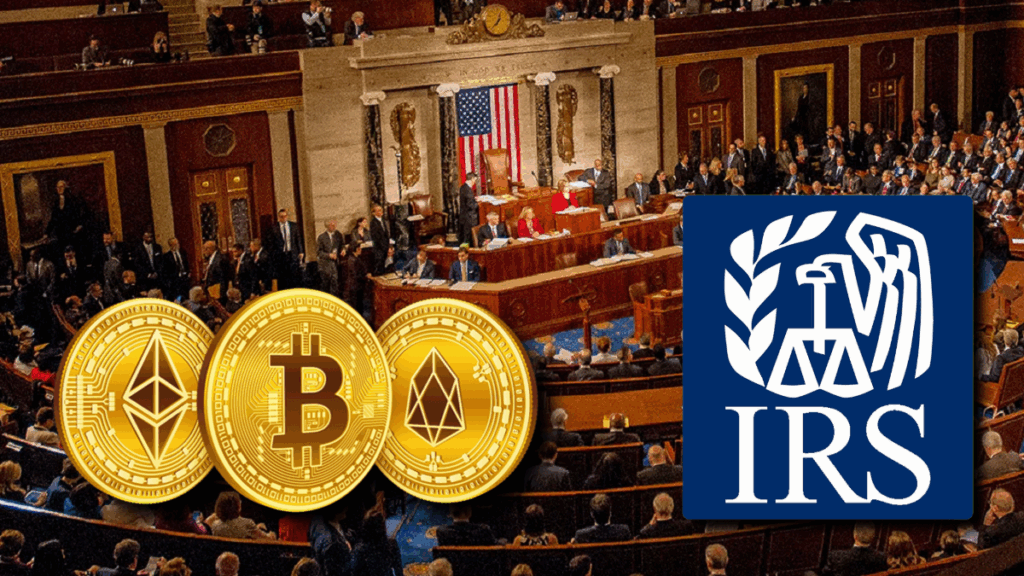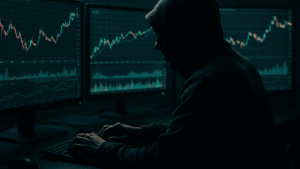TL;DR
- Lawmakers in Washington are finally treating digital assets with the seriousness of traditional finance.
- The US Senate will host a dedicated hearing on crypto taxation just as the IRS introduces temporary relief that softens rules for corporations holding digital assets.
- This dual development suggests policymakers are shifting from enforcement-only tactics toward structured regulation that supports innovation while offering clarity for large institutions.
The United States is entering a critical phase in its approach to digital asset taxation. The Senate Finance Committee will hold a hearing titled “Examining the Taxation of Digital Assets”, led by Senator Mike Crapo. Industry representatives such as Coinbase executive Lawrence Zlatkin and Coin Center policy director Jason Somensatto will testify, bringing real-world insights to the debate. Their involvement signals a maturing dialogue between innovators and policymakers who previously operated on separate tracks, improving the likelihood of balanced outcomes.
The hearing follows the recent decision by the Treasury Department and Internal Revenue Service to ease requirements linked to the Corporate Alternative Minimum Tax. This tax applies to companies reporting more than one billion dollars in annual income. The latest guidance allows crypto-heavy firms to exclude unrealized gains and losses on digital assets when calculating tax liability. That distinction matters for companies like MicroStrategy, which holds more than 640,000 Bitcoin. Without this adjustment, firms with long-term strategies could have been taxed on paper profits that may never be realized.
Policy Shift Toward Practical Regulation
The IRS issued two temporary notices, 2025-46 and 2025-49, clarifying how businesses should interpret digital asset accounting in the interim. While not a permanent solution, the relief creates a path toward more structured integration between corporate bookkeeping and decentralized finance. Analysts expect similar guidance for staking rewards and stablecoin transactions as agencies collect feedback from the private sector and prepare draft proposals for permanent regulations.

Industry Voices Enter the Legislative Arena
The Senate hearing arrives shortly after the White House Digital Asset Working Group recommended treating cryptocurrencies as a distinct asset class. That proposal aligns with efforts at the state level, where regions like Wyoming and Florida are developing crypto-friendly frameworks to attract capital and startups. Market participants see Washington’s latest steps as a sign that sweeping restrictions are unlikely. Instead, regulators appear focused on setting parameters that encourage participation rather than penalize exploration by innovative businesses.
If progress continues at the current pace, the next filing season could be the first where crypto investors and corporations operate with rules that resemble traditional finance without losing the advantages of decentralization and transparency.










